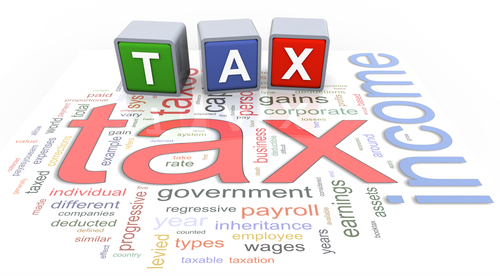Should churches issue ministers a Form W-2 or Form 1099-Misc?

Should churches issue ministers a Form W-2 or Form 1099-Misc?
Most ministers have a “dual tax status”. Generally, they are employees for income tax purposes but are always self-employed for social security purposes with respect to their ministerial income. Ministers working for a church or church agency should receive a Form W-2. Ministers, who report their federal income taxes as self-employed on Form 1099, may face a significant risk of additional taxes and penalties, if they are audited and reclassified as employees by the IRS.
Under the latest treasury regulations, a minister is described as an employee for federal income tax purposes but as self-employed for social security tax purposes. What many minister’s often fail to consider is that when one files a 1040 tax return they are paying two types of taxes. They pay Federal Income Tax and Self Employment Tax. That makes the minister a hybrid of the tax code. Section 6051 requires the issuance of a W-2. However, because Section 3401 describes him/her as self-employed, the church is not required to withhold Federal Income Tax, FICA or Medicare taxes from their ministers’ pay, even if their ministers are employees for income tax purposes.
Many ministers voluntarily elect to have churches withhold income taxes from their pay. Most churches are required to withhold income taxes from non-minister employees. Churches can give ministers a Social Security “allowance” or “offset” to help the minister pay SECA taxes. Social Security allowances or offsets are considered as extra income. Ministers will have to report the allowance as income for federal income tax purposes and as income for SECA tax purposes.
Determining a taxpayer’s correct reporting status under the common law employee test is often difficult. The IRS has developed a list of 20 factors to be used as an aid in determining whether an individual is an employee as defined by the IRS. For more information about how the IRS decides if a worker is an independent contractor of employee, see IRS Publication 15-a, Employer’s Supplemental Tax Guide (Supplement to publication 15 (Circular E), Employer’s Tax Guide, on the IRS website at www.irs.gov.
For the most part, ministers are deemed to be common-law employees of the religious organization for which they work, and thus they should receive a W-2 form.
There are only a limited number of instances where a 1099-MISC may be applicable, one of which is if a minister is a traveling evangelist. As this is an easy IRS audit target, a tax preparer must exercise due diligence in ascertaining that a 1099-MISC issued to a minister is appropriate.
The IRS uses a checklist to evaluate whether individuals are independent contractors or employees. If your church controls the “who, where, when and how” of your work schedule, you’re probably an employee for tax purposes.
If you control your work product and have other clients, you’re most likely an independent contractor and should get a 1099 tax form.
There is a reason why the IRS demands a W-2. It is because under a W-2, the minister is not allowed to deduct business expenses on the Federal Income Tax portion of his/her liability except under the limiting reporting of Form 2106. If the minister gets a 1099-Misc, he/she usually deducts 100% of his/her expenses under Schedule C and gets a lower Federal Income Tax bill. Though many ministers do it this way, their chances of getting audited are higher and usually result in payment of back taxes plus penalties.